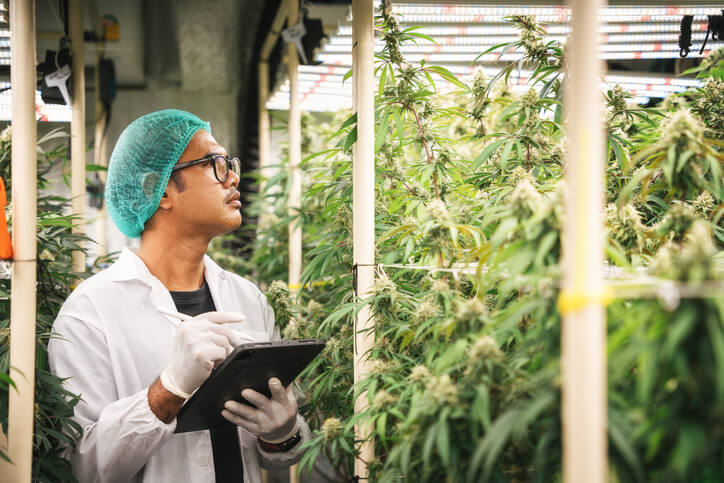Legalized Recreational Marijuana Breaks Federal Law

On January 1, 2014, Colorado became the first state to open recreational pot stores after 55 percent of the state voted to legalize recreational marijuana use. Now, 20 states and the District of Columbia have laws legalizing marijuana in some form. Yet every time someone uses the drug legally in one of these states, the person is breaking federal law. How can this be?
Under federal law, marijuana is a controlled substance, like heroin and cocaine. It is classified as a Schedule I drug, viewed as addictive and without medical value. The Drug Enforcement Agency (DEA), has, in fact, prosecuted and jailed scores of people for cultivation and/or distribution of medical marijuana. And it is on firm legal ground. In Gonzales v. Raich (2005), the U.S. Supreme Court ruled that people who are cultivating, possessing or distributing medical cannabis in accordance with state-approved programs are violating federal marijuana laws and can be prosecuted.
But with some states’ approval of medical marijuana, and the beginnings of a shift to legalize recreational use, the DEA appears to be softening its position. Congress is responding as well with the introduction of two new bills intended to ease the conflict that now exists between federal and state legislation. According to Sam Kamin of the University of Colorado, who participated in Colorado’s pot Task Force on regulation of marijuana in the state, the federal government’s silence on the roll-out of Colorado’s program may well be a signal that it is willing to sit on the sidelines to see how things play out. This is a dramatic change from the government’s earlier position that state legalization would not be tolerated.
David Jay Glassman represents clients facing federal or state criminal charges. Call for a consultation regarding the facts of your case.
